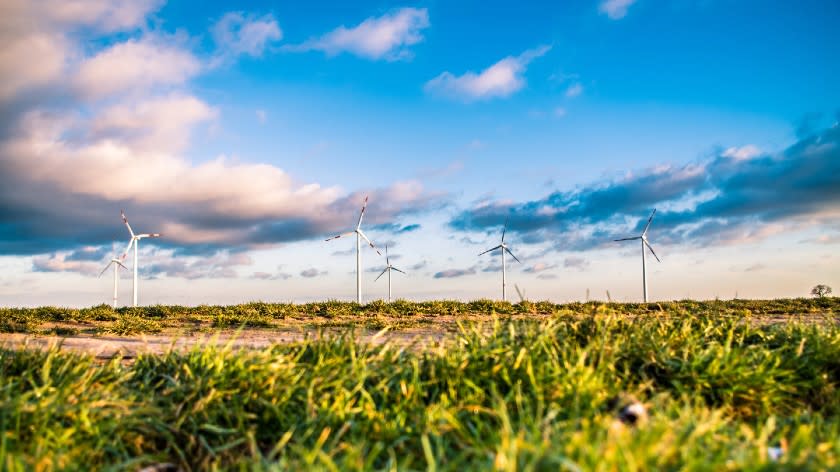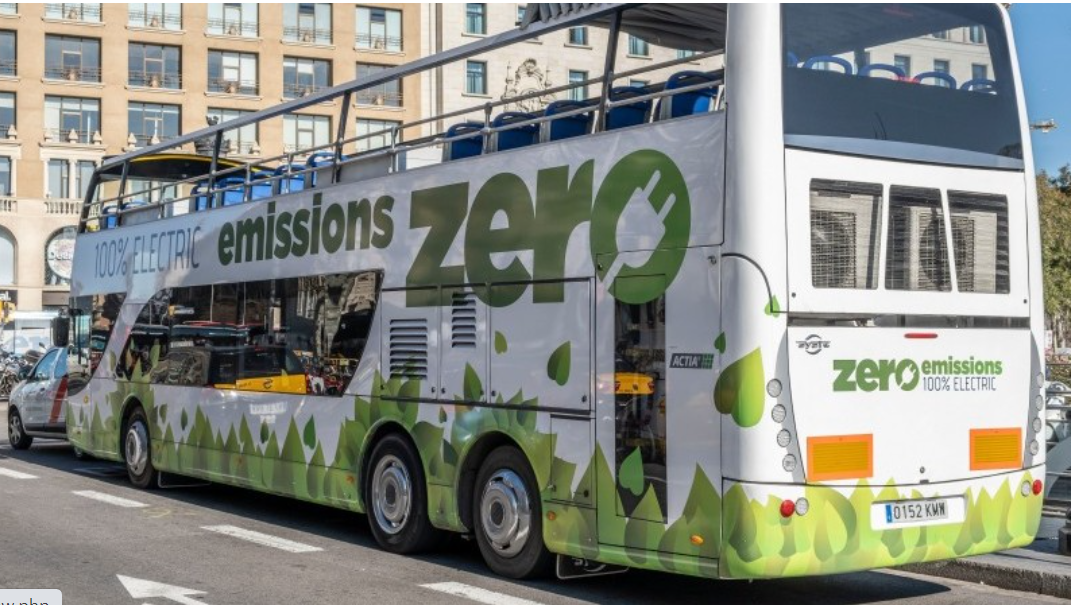Cheføkonomen i ABN Amro udtrykker optimisme om klimaet, selv om COP 26 måske ikke får helt så store resultater som ventet. De seneste år har vist, at teknologiske løsninger har en større effekt, end mange venter, og de kan skabe endnu hurtigere forbedringer i den kommende tid. I Kina er klimaforbedringerne blevet mærkbare i storbyerne. Tyskland har med sin Energiewende skabt store resultater, f.eks. med brug af solceller, og så er det den unge generation, der tager føringen. Europa er gået i front i den grønne udvikling, og Eurropa lægger op til at blødgøre Stabilitetspagten med grønne obligationer. Flere grønne initiativer i Europa viser sig at trække resten af verden med sig, som den tyske økonom, Werner Sinn, har udtrykt det. Hvis virksomheder og forbrugere ganske enkelt skærer kraftigt ned på brugen af fossil energi, kan det få en global betydning – også på prisen.
Why the climate optimists are right after all

Sandra Phlippen, Chief Economist, ABN Amro:
It’s easy to fall into climate defeatism these days. We are heading for a 2.7 degree warmer world, according to plans submitted by governments on the eve of the Glasgow Climate Summit.
Also, no consensus seems imminent for the broad introduction of a minimum carbon price. Although it would be relatively straightforward to compensate citizens, politicians remain silent on the matter.
Thus we see a split world in the making: fossil fuel investors who invest in fossil fuel companies to make maximum returns in a world that squeaks and creaks without oil. Sustainable investors meanwhile entrench themselves in green and clean economic activities and can wash their hands of the problem.
New generation
Is everything bleak then? No, the energy transition is going to happen. Many people and companies are no longer waiting for policymakers. Natural disasters, as well as more subtle changes in the environment, are triggering change. The Chinese are enjoying the already cleaner air since coal plants started closing. The new generation is coming. The technologies are there, though they are still too expensive, not yet at scale, and certainly not yet applied to make a real impact. Yet, they are coming. The International Energy Agency (IEA) appears to have underestimated the growth of renewable energy every year. It shows that technology can scale up unexpectedly fast.
Europe is becoming a green oasis in the world. The Green Deal, even if it is still being hammered out, has set the course and it is legally enforceable. And even though we shouldn’t be naive in Europe, as German economist Hans Werner Sinn rightly says, by being an example of a carbon-neutral economy, we can pull countries outside of Europe along. Sinn warns that if we stop using fossil fuels, the demand and therefore the price will fall, driving countries with less ambitious climate goals to seize opportunity to grow faster with cheaper energy. But climate economists counter that technology can quickly make carbon-neutral energy cheaper, making it competitive with fossil fuels.
In Germany, during the Energiewende (which involved the phasing out of nuclear power), Chancellor Angela Merkel subsidized solar panel technology against the market for so long that the Chinese also got away with the spoils of cheaper solar panels. Merkel had thus shown that it is possible for a country to pursue policies that end up enabling the rest of world to take steps forward.
If we want to enable renewable energy on a large scale, we are now on the eve of a historic tipping point: the question of whether to allow governments to take on green debt is being hotly debated currently in the light of the Stability and Growth Pact. Of course, this brings risks of grey-green investments slipping in, as Jeroen Dijsselbloem argued in the FD. Dijsselbloem, as chairman of the Eurogroup, experienced firsthand how debt rules could be subverted in Europe. But flexible rules for green investments can be coupled with extra strict budget rules for grey debts. The distinction can (largely) be made on the basis of the European handbook for green investments.
In any case, worrying about abuse of green debt leniency is penny wise, pound foolish, because doing nothing is extremely costly in all cases. Europe is the cusp of a sustainable future. If we don’t get an alternative energy supply up and running, nobody will.











